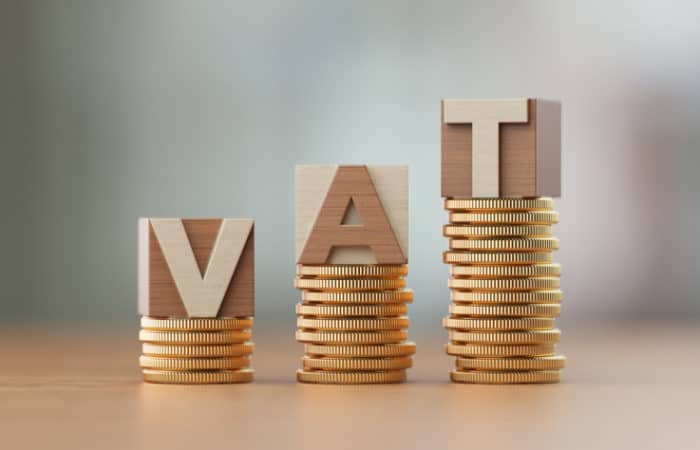Late registering for VAT?
The date at which a business is required to be registered from is a matter of legal fact which is not subject to any time limit.
Therefore, if a business exceeded the VAT registration threshold that was in force 15 years ago and thus was required to be registered from that time, HMRC can register the business from the relevant date 15 years earlier.
However, if that were to happen then there may be periods of time during those 15 years where, based on the level of their rolling monthly taxable turnover, if the business had been VAT registered it could have deregistered from VAT as its taxable turnover had dropped below the deregistration threshold in force at that time.

HMRC refer to this situation as ‘Liable No Longer Liable’ (LNLL) and should mean that VAT is only required to be declared on sales made during those periods of time where the business’s rolling turnover meant they were required to be registered for VAT, not for the whole 15 years.
If you find that a business has not registered for VAT at the appropriate time you should consider the LNLL issue BEFORE registering the business for VAT and address it with HMRC at the time you make the VAT registration application.
It is important to address LNLL with HMRC when making the registration application as, once a business has been registered for VAT, albeit late, HMRC appear unwilling to amend the situation retrospectively.
If HMRC carry out an investigation and find that a business should have been registered at an earlier date then again you should consider LNLL and if you find the client was LNLL then you should again address this with HMRC at the time.
In either situation, if HMRC accept that the business was LNLL, then they will deal with the VAT registration in one of two ways:
- If the business will be in a position to charge the previously uncharged VAT to some, if not all, of their customers, then HMRC will register the business for VAT in the usual way so that the business has a VAT number in order to raise retrospective proper tax invoices to their customers; or
- If the business will not be able to charge the previously uncharged VAT to any of their customers (perhaps the business is a retailer) then HMRC will not register the business for VAT and will simply assess for the VAT due in writing outside of the usual VAT registration regime.
Either way VAT will have to be declared in regard to the sales made during each period of LNLL BUT the business is also entitled to input tax recovery in these LNLL periods.
When establishing the actual VAT due to HMRC in those LNLL periods, HMRC are required to give allowance for input tax that would have been claimable during those periods.
This input tax can be properly established if records are available but where the date of VAT registration is significantly earlier then, due to the passage of time, purchase records may not be sufficient to establish exactly how much input tax is claimable in each LNLL period.
In such a situation you could ask HMRC to exceptionally agree to applying an appropriate Flat Rate Scheme percentage to the sales made in each LNLL periods instead of claiming any input tax. IN fact HMRC may suggest this in those circumstances!
[contact-block]Related News Articles
Mileage Tax Relief Guide
Guide to Claiming Tax Relief on Mileage Expenses (Where Reimbursed Below HMRC Rates) Step 1: Confirm Eligibility You may claim tax relief if: - The mileage relates strictly to business travel (not ordinary commuting). - You are using your own vehicle. - Your employer reimburses you below the HMRC Approved Mileage Allowance Payments (AMAP): -…
Government to Raise Income Threshold for Self-Assessment Reporting and Launch Simple Online Tax Payment System
Move expected to reduce administrative burdens for up to 300,000 taxpayers The Government has announced its intention to raise the income threshold at which individuals are required to register for Self-Assessment. This change will affect taxpayers with low levels of trading, property, or miscellaneous income and forms part of a broader package aimed at simplifying…
Mandatory Real-Time Reporting of Benefits in Kind Delayed Until April 2027
HMRC delays mandatory payrolling of most employee benefits by one year HM Revenue & Customs (HMRC) has confirmed a 12-month delay in the implementation of mandatory real-time reporting for most benefits in kind (BiKs). Initially expected to come into force in April 2026, the requirement will now apply from April 2027. This extension follows feedback…